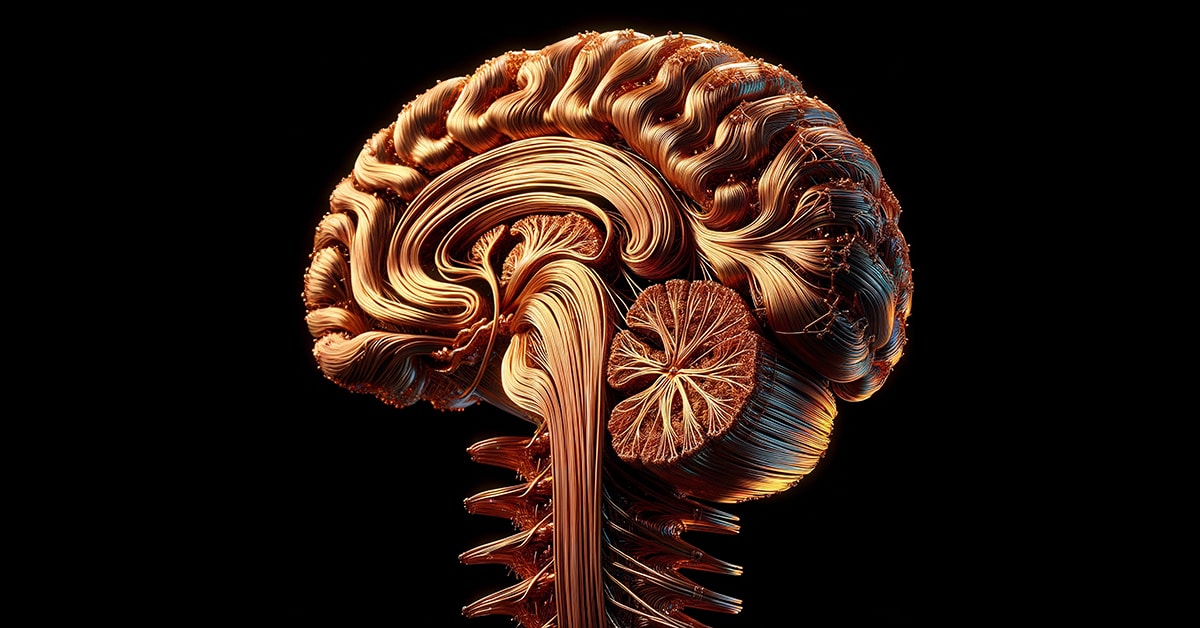
Researchers discover link between copper and demyelination in model of MS
Researchers investigating copper levels in a laboratory model of MS uncover a link to demyelination.

Researchers investigating copper levels in a laboratory model of MS uncover a link to demyelination.

In a new follow-up study, researchers sought to understand how MS specialists manage family planning in people with MS in Australia.

Annemarie’s life was marked by adversity, from her childhood disrupted by World War II to the challenges of her husband’s MS diagnosis. Annemarie wanted to support the MS cause and knew a gift in her Will could help accelerate MS research and bring us closer to finding a cure.

The National Health and Medical Research Council (NHMRC) has recently announced over $12 million investment into groundbreaking medical research into MS.

As we take our first steps into 2024, let’s take a moment to look back at ten of the biggest MS Australia news stories from 2023.

The International Progressive MS Alliance is funding two major initiatives to tackle the pressing demand for new and effective treatments for people living with progressive MS.

Lived experience experts and researchers come together in Perth for MS Australia’s biennial conference.

MS Australia is delighted to launch TrialSmart, a new educational series for people living with MS exploring different aspects of clinical trials. Australia is about to embark on several new groundbreaking clinical trials in MS, including PLATYPUS. TrialSmart provides the background and information to enable empowered choices for people with MS.

New clinical trial investigated individuals with progressive MS experiencing cognitive difficulties, and the potential impact of cognitive rehabilitation and exercise.